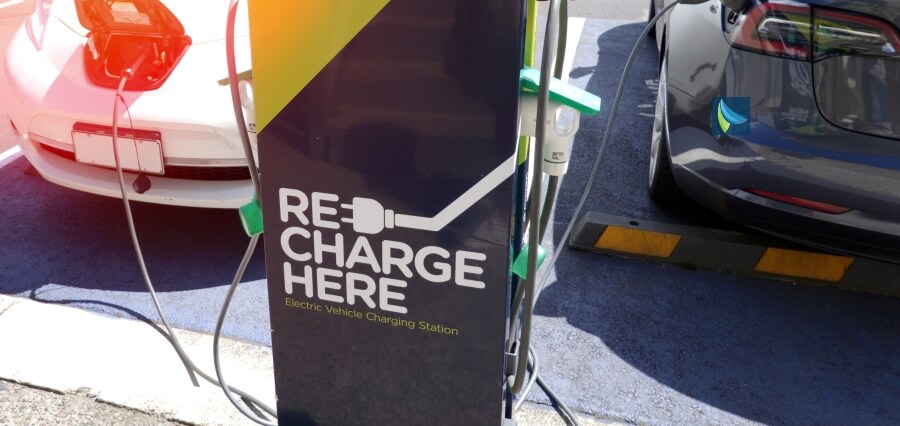In New Zealand, the number of electric vehicles has been steadily increasing in recent months. In September, the category held a 34% proportion of the auto market; in October, it slightly declined to 29%; and in November, it made a surprise comeback, rising to 33%. All indications point to a sharp decline in electric vehicle sales in the first quarter of 2024, following the election of a right-wing government that has pledged to repeal the “ute tax.”
Due to the shortage of electric utes, farmers and other individuals were had to pay an additional tax for a diesel vehicle, hence the moniker “ute tax” for the departing government’s “Clean Car Discount.” There was nothing for them to do. According to James from EVDB, in the 2.5 years since the Clean Car Discount’s malus/bonus tax incentive was implemented, the number of plugin vehicles in New Zealand has increased from 30,000 to a projected 100,000 by the end of this year. That is a big shift in direction. Disgruntled farmers, however, make up a powerful electoral bloc.
In November 2023, 4,667 plugin vehicle registrations, including used imports (Japanese Nissan LEAFs), set a record in New Zealand. In total, 10% of cars sold on the market were PHEVs and 23% were BEVs.
Comparing that ratio of PHEVs to other maturing markets, such those in Europe, is rather high.
Unexpectedly, MG was the top-selling brand of EVs in New Zealand. That being said, the Nissan LEAF would be the most well-liked EV if used imports are taken into account. Considering that it has only been on the market for four months and is already the fourth-highest selling car of the year, the MG4 is accomplishing incredible sales figures.
Apart from the plugin vehicles, which accounted for 33% of the market, conventional hybrids (HEVs), pure petrol vehicles (31%), and diesel vehicles (6%), made up the remaining 30% of the market. When the BZ4 is eventually produced, it will be fascinating to observe the HEV stats (mostly Toyota). The steadily declining diesel numbers are encouraging.


